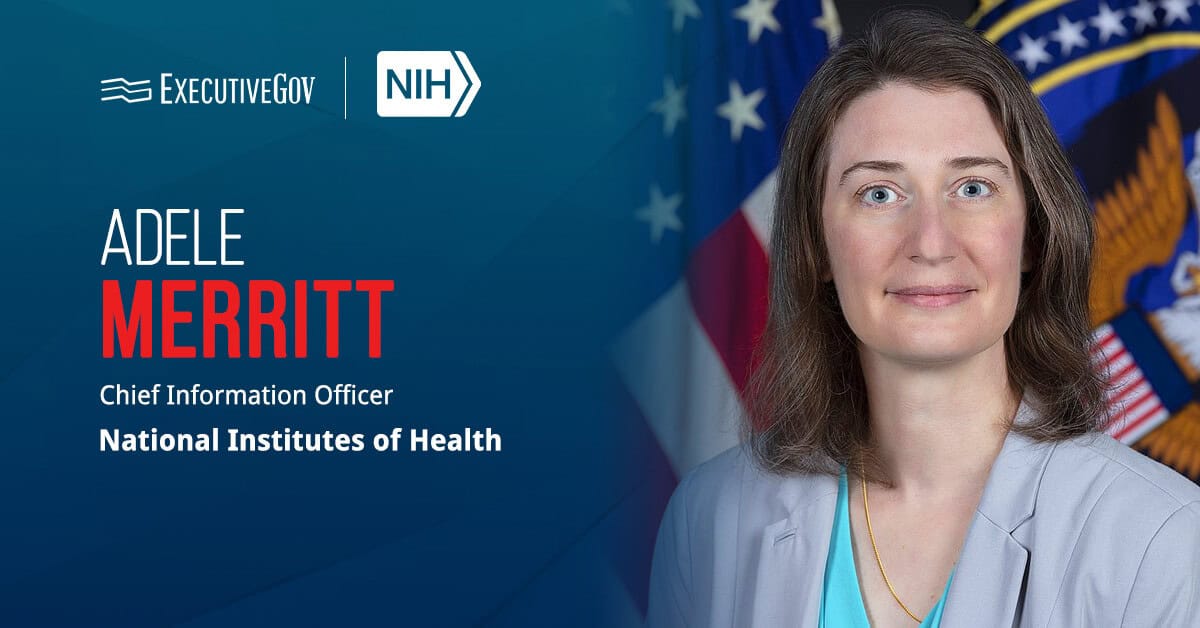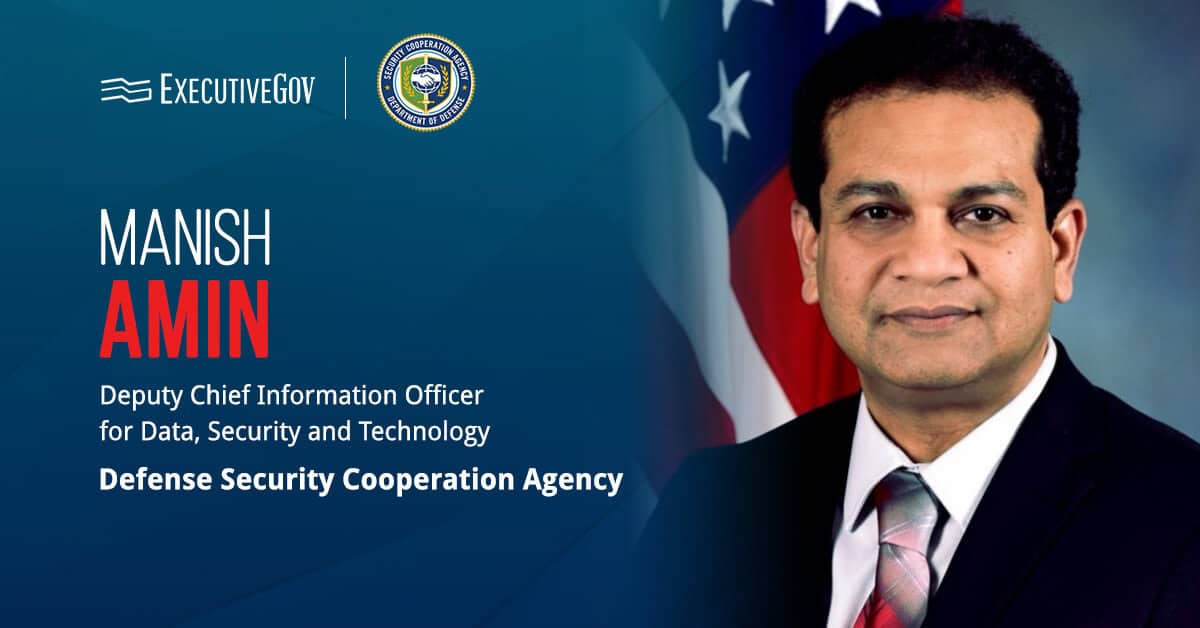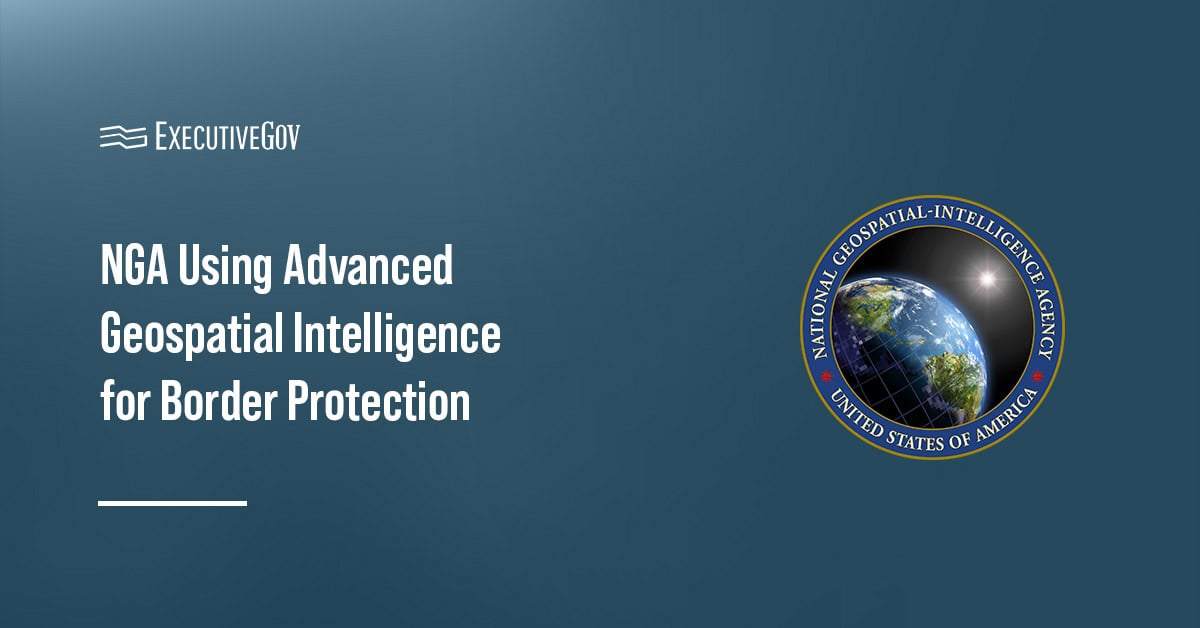
The Office of Biometric Identity Management intends to migrate the government’s biometric identification database to a new platform to optimize federal agencies’ security, GovernmentCIO Media and Research reported Friday.
OBIM will move information from the Automated Biometric Identification System to the planned Homeland Advanced Recognition Technology suite. The new system will utilize fingerprint and cloud computing capabilities to help the office handle data lulls and surges in biometric identification requests.
David Grauel, program manager for HART, said the office has created a dedicated team to handle privacy and security concerns for U.S. citizens. The previous biometric suite was launched in 1994 and has stored over 220 million unique biometric data and handled 320,000 daily queries with 99.7 percent efficiency.
Related Articles
Adele Merritt has stepped down as the National Institutes of Health’s chief information officer, Federal News Network reported Friday. Merritt is joining the University of Maryland’s Applied Research Laboratory for Intelligence and Security. Join the Potomac Officers Club’s 2025 Healthcare Summit on Dec. 4, and hear experts discuss the latest tech advancements, policies and more. Reserve your seat now for this GovCon networking event! With Merritt’s departure, Jon Henke, the acting deputy director and deputy CIO at NIH, now serves as the agency’s acting CIO. Henke is also the National Human Genome Research Institute’s CIO. Who Is Adele Merritt? Merritt
Manish Amin has assumed the responsibilities of deputy chief information officer for data, security and technology at the Defense Security Cooperation Agency. The official confirmed his new role in a LinkedIn post Monday. As deputy CIO, he will lead the agency’s data, security and technology division. He will also work with agency leadership to develop and implement data and technology strategy and best practices and drive continuous process improvements to enhance organizational efficiency and security. Who Is Manish Amin? Amin is a longtime DSCA official with 15 years of service to the government. He joined the agency as enterprise data
The National Geospatial-Intelligence Agency is providing advanced geospatial intelligence support to the Department of Homeland Security and Department of Defense to enhance border security. Gather valuable insights and learn about the significant role of intelligence in protecting our nation from the top intelligence community leaders at the Potomac Officers Club’s 2025 Intel Summit on Oct. 2 . Strengthening Border Security NGA said Monday that GEOINT enhances the DOD and DHS’s ability to anticipate, detect, and respond to threats along the U.S. borders. This is reportedly crucial in addressing illicit activity along the borders, where drugs, weapons, other illegal items and even





